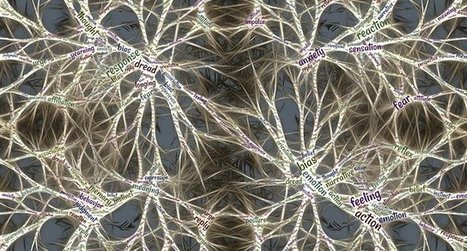To understand the importance of emotional self-control, it helps to know what’s going on in our brain when we’re not in control. In my book, The Brain and Emotional Intelligence, I explained:
“The amygdala is the brain’s radar for threat. Our brain was designed as a tool for survival. In the brain’s blueprint the amygdala holds a privileged position. If the amygdala detects a threat, in an instant it can take over the rest of the brain—particularly the prefrontal cortex—and we have what’s called an amygdala hijack.
… the amygdala often makes mistakes…. while the amygdala gets its data on what we see and hear in a single neuron from the eye and ear—that’s super-fast in brain time—it only receives a small fraction of the signals those senses receive. The vast majority goes to other parts of the brain that take longer to analyze these inputs—and get a more accurate reading. The amygdala, in contrast, gets a sloppy picture and has to react instantly. It often makes mistakes, particularly in modern life, where the ‘dangers’ are symbolic, not physical threats. So, we overreact in ways we often regret later.”
Via David Hain



 Your new post is loading...
Your new post is loading...







